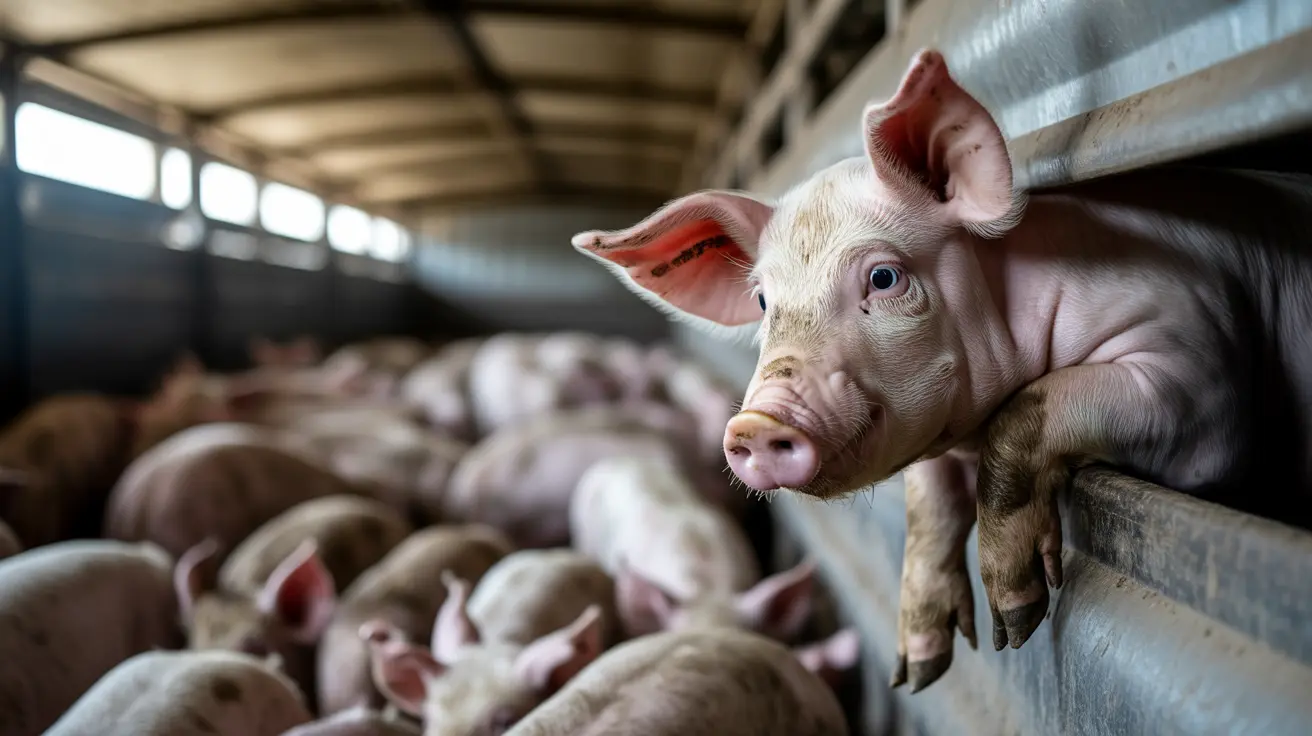Best Diet for Shar Pei Dogs: Nutrition Tips for a Healthy Life
Shar Peis are a distinctive and ancient breed known for their deep wrinkles, strong-willed personalities, and unique health challenges. Feeding a Shar Pei the right diet plays a crucial role in maintaining their skin, joints, and overall health, especially as they are prone to food allergies and other sensitivities. This comprehensive guide outlines the ideal food choices and nutritional strategies for keeping your Shar Pei happy and healthy.
Understanding Shar Pei Nutritional Needs
Shar Peis belong to the medium-size dog category, typically weighing between 45 and 60 pounds. Due to their unique physiology and predisposition to certain health issues, their diet should be carefully selected. Key considerations include:
- High-quality protein from low-allergen sources
- Omega-3 fatty acids to support joint and skin health
- Low grain or grain-free formulas to reduce potential allergy triggers
- Moderate calorie intake to maintain optimal weight
- Supplements only as advised by a veterinarian
Puppy Diet Guidelines
For young Shar Peis under six months, a diet designed for medium-breed puppies is essential.
- Feed three to four small meals daily
- Select a food that promotes eye, brain, and bone development
- Watch for signs of food intolerance or allergies, such as itching or digestive upset
Transition to adult food around 6–12 months, depending on the dog’s growth and maturity.
Adult Shar Pei Feeding
Adult Shar Peis do well on two meals a day of high-quality dry or wet dog food. Consider formulas labeled for “all life stages” or “adult maintenance.”
Look for foods that contain:
- Limited ingredients to prevent allergic reactions
- Alternative proteins like fish, lamb, or duck
- Healthy fats from fish oil or flaxseed
- Prebiotics and probiotics for digestive support
Avoid feeding Shar Peis foods with beef or poultry if they show signs of allergies.
Common Food Allergies in Shar Peis
Shar Peis are prone to food allergies and intolerances. Symptoms may include:
- Dry, itchy skin
- Recurring ear infections
- Lack of energy
- Chronic licking or scratching
If you notice these symptoms, you may need to try an elimination diet, switching to a novel protein and carb source for 8–12 weeks. Always consult with a vet before starting dietary changes.
Supplements and Hydration
Though not always necessary, supplements like
omega-3 fatty acids, glucosamine, and cod liver oil may benefit skin and joint health. Introduce any supplement under veterinary guidance. Always ensure your Shar Pei has
access to clean, fresh water throughout the day.
Foods to Avoid
Steer clear of foods and ingredients that can trigger health problems in Shar Peis:
- Beef, chicken, and dairy (common allergens)
- Artificial colors and preservatives
- Wheat and corn (potential allergens)
- Excessive fats and fillers
In addition, avoid toxic foods such as chocolate, grapes, raisins, onions, garlic, and xylitol-containing products.
Treats and Rewards
Healthy treats should be used in moderation. Options include:
- Dehydrated meats (no additives)
- Home-baked liver pieces
- Small amounts of apples, carrots, or green beans
Treats should comprise no more than 10% of your Shar Pei’s daily caloric intake.
Feeding Schedule Example
Puppy (3–6 months):
- 7:00 AM – Meal 1
- 12:00 PM – Meal 2
- 5:00 PM – Meal 3
- 8:00 PM (optional small snack)
Adult Dog:
- 7:00–8:00 AM – Breakfast
- 5:00–6:00 PM – Dinner
Conclusion
Feeding your Shar Pei a balanced, nutrient-rich diet tailored to its unique needs is one of the best ways to promote longevity and wellness. Careful monitoring, regular vet checkups, and early identification of food sensitivities are key to ensuring your Shar Pei thrives throughout its life. A mindful approach to feeding can lead to fewer health issues and a happier, more vibrant companion.





